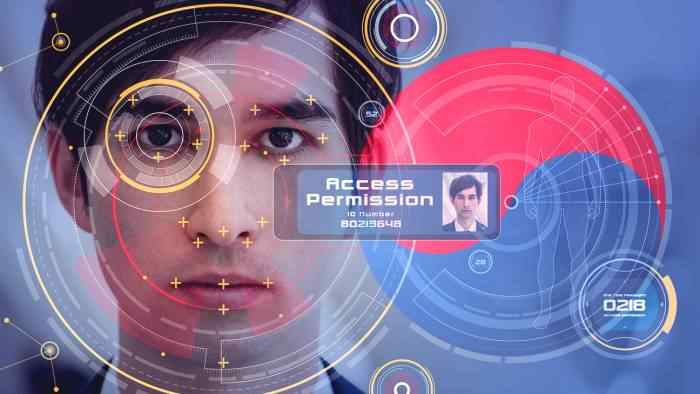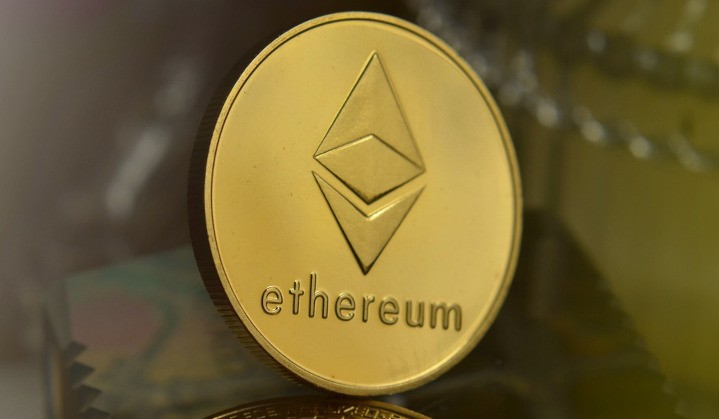Korea Customs Adopts Blockchain Based Clearance for Fraud and Smuggling Prevention
May 14, 2018, 4:00pm
Korea to use blockchain for customs administration to increase speed and accuracy, enhance screening of high-risk items, and prevent contraband.
The Korea Customs Service (KCS) has developed a customs clearing system powered by blockchain technology and artificial intelligence to prevent fraud and smuggling in South Korea and is enlisting importers and exporters to try out the new system.
The initiative is a response to a huge import/export and e-commerce boom in the country. The commissioner of the Korea Customs Service (KCS) Kim Yung-moon said back in March: “Adopting new technologies to respond to the ‘fourth industrial revolution’ is an overriding agenda for us as trade form is becoming more complicated.”
The blockchain-based customs clearance platform has enlisted five groups and over 50 exporters as well as five working groups and ten Singapore- and Vietnam-based importers for the test-run.
Improving Certificates of Origin
According to KCS, the volume of trade transactions involving imports and exports in South Korea grew eight-fold from 3 million to 27 million from 1990 to 2017. The new volumes call for improved efficiency in customs clearing. The new blockchain-based data analysis center is expected to increase accuracy and timeliness as well as helping to identify contraband and improve the issuance of Certificates of Origin (CO). A Certificate of Origin is a standard requirement in the shipping industry that contains information about a product’s country of origin and destination and helps to determine the product’s categorization for import tariffs.
The system will use X-rays powered by artificial intelligence to screen and examine high-risk items. It will use blockchain technology to run information networks to connect nodes on the supply chain and to share real-time information that will help in preventing cross-border fraud.
Should everything go according to plan, the Korea Customs Service (KCS) will eventually apply the technology to all its other services. The outcomes of the test will be laid bare this coming Tuesday at Seoul’s central customs office.





